In times of fake news and “alternative” scientific facts, when many question scientific methods, research, and results, it is especially important to communicate science effectively to help the public understand scientific concepts, processes and results. Science communication is the process of informing the scientific community as well as the interested public about science and scientific findings. This in turn enables science-informed decision-making on the issues of our time. Science communication is not only important to improve public scientific literacy, and increases public trust in science and scientists, but is also important for education and science careers. The ability to communicate science is the key to sharing scientific knowledge effectively and increasing the impact of one’s own research.

You are a student interested in sharing your university projects and newly acquired knowledge with the world? Then join this 2-day interactive workshop, which teaches you the basic concepts and skills of science communication and science blogging. Learn how to capture your audience and relate the relevance of your science projects to non-experts in a simple, short, and exciting manner.
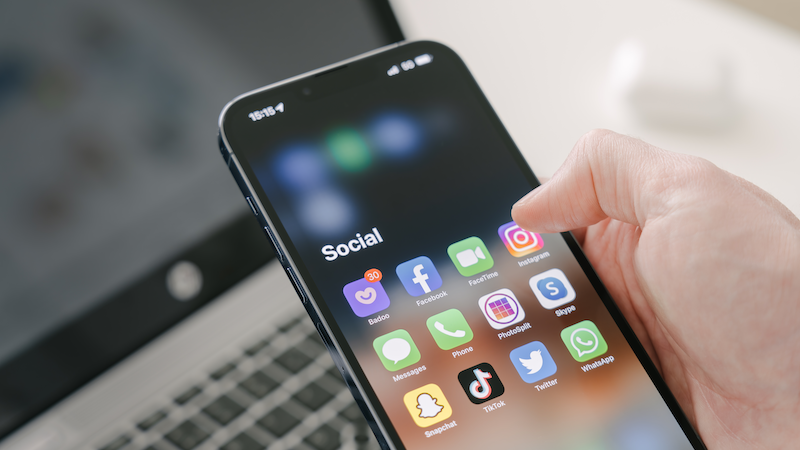
Communicating science on social media offers a unique opportunity to share research findings and engage with users around the world. Therefore, scientists increasingly use their smartphones and social media platforms to present their work to the lay-public. This one-day training course will help you improve your science communication activities on social networks, without taking too much time or effort.
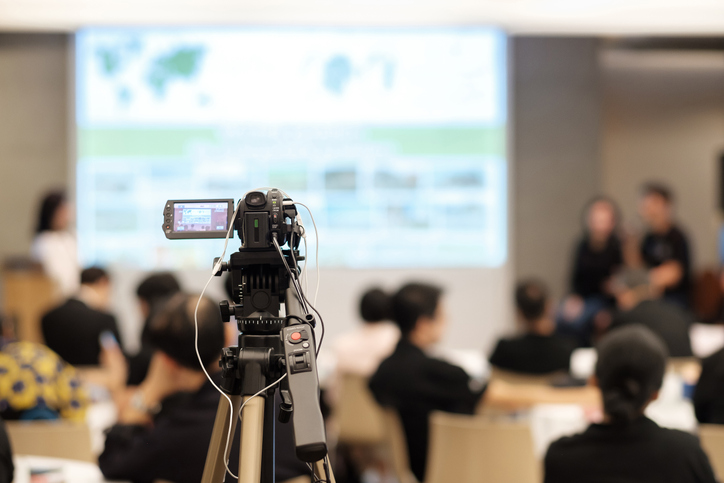
Whether you want to interact effectively with the media, give compelling interviews about your research or share your knowledge of science with a wider audience, this media training can be of help. This one-day training will help you develop your communication skills, improve your appearance in live interview situations, and assist you in becoming a skilled science communicator.
